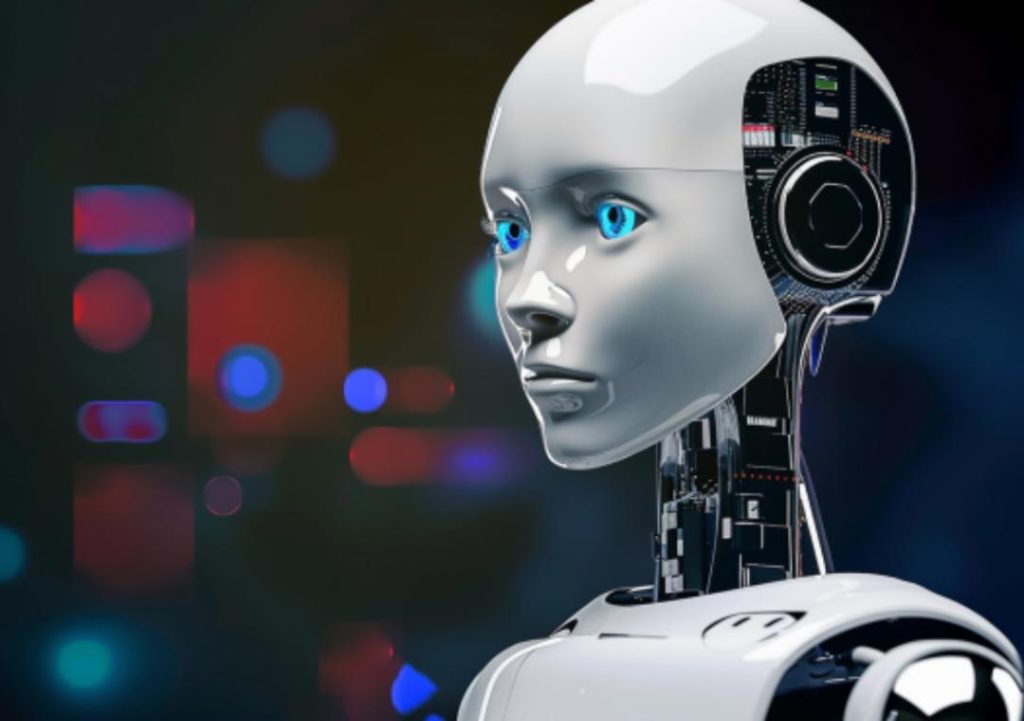
The Brain Behind the Bot: How Rational Agents Think in AI Systems
Artificial Intelligence (AI) has revolutionized the way we live and work. From self-driving cars to personalized product recommendations, AI systems have become an integral part of our daily lives. But what sets these intelligent systems apart from mere reactive machines? The answer lies in rational agents, the brain behind the bot.
Rational agents are designed to perceive, reason, and act towards defined goals, mimicking human decision-making under constraints. They use data to weigh pros and cons, improving both speed and accuracy. In this blog post, we’ll delve into the world of rational agents, exploring how they work and their applications in modern autonomous systems.
What is a Rational Agent?
A rational agent is an AI component that makes decisions based on its goals, beliefs, and preferences. It’s a decision-maker that takes into account the consequences of its actions, weighing the benefits and drawbacks of each option. This rational thinking enables rational agents to adapt to changing environments, learn from experience, and optimize their performance over time.
Key Characteristics of Rational Agents
Rational agents possess several key characteristics that set them apart from reactive systems:
- Goal-oriented: Rational agents are designed to achieve specific goals, whether it’s navigating traffic or optimizing supply chains.
- Perception: They perceive their environment through sensors, cameras, or other sources of data.
- Reasoning: Rational agents use this data to reason about their situation, weighing the pros and cons of each possible action.
- Action: They take deliberate actions to achieve their goals, adjusting their strategy as needed.
How Rational Agents Think
Rational agents use a combination of logic, probability theory, and machine learning to make decisions. Here’s a simplified overview of their thought process:
- Perceive the environment: The agent gathers data about its surroundings, including sensors, cameras, and other sources.
- Formulate a belief state: The agent uses this data to create a belief state, a representation of its understanding of the environment.
- Evaluate options: The agent weighs the pros and cons of each possible action, considering factors like probability, cost, and expected outcome.
- Choose an action: The agent selects the best course of action based on its evaluation, taking into account its goals and constraints.
- Take action: The agent executes its chosen action, adjusting its strategy as needed based on feedback from the environment.
Applications of Rational Agents
Rational agents are used in a wide range of applications, from autonomous vehicles to supply chain optimization. Here are a few examples:
- Self-driving cars: Rational agents enable self-driving cars to navigate complex routes, avoiding obstacles and traffic congestion.
- Supply chain management: Rational agents optimize supply chain logistics, routing products efficiently and minimizing costs.
- Recommendation systems: Rational agents improve recommendation systems, suggesting products tailored to individual preferences and behavior.
- Financial trading: Rational agents analyze market data to make informed investment decisions, minimizing risk and maximizing returns.
Challenges and Limitations
While rational agents have revolutionized AI, they’re not without their challenges and limitations:
- Complexity: Rational agents require complex algorithms and large amounts of data to function effectively.
- Scalability: As the size and complexity of the system grow, rational agents may struggle to scale efficiently.
- Uncertainty: Rational agents must account for uncertainty and ambiguity in their decision-making processes.
- Human bias: Rational agents can inherit biases from their training data, leading to unintended consequences.
Conclusion
Rational agents are a critical component of modern AI systems, enabling intelligent decision-making under constraints. By understanding how they think and work, we can unlock new applications and improve the performance of existing systems. As AI continues to evolve, the role of rational agents will become increasingly important, shaping the future of autonomous systems and beyond.
Source






